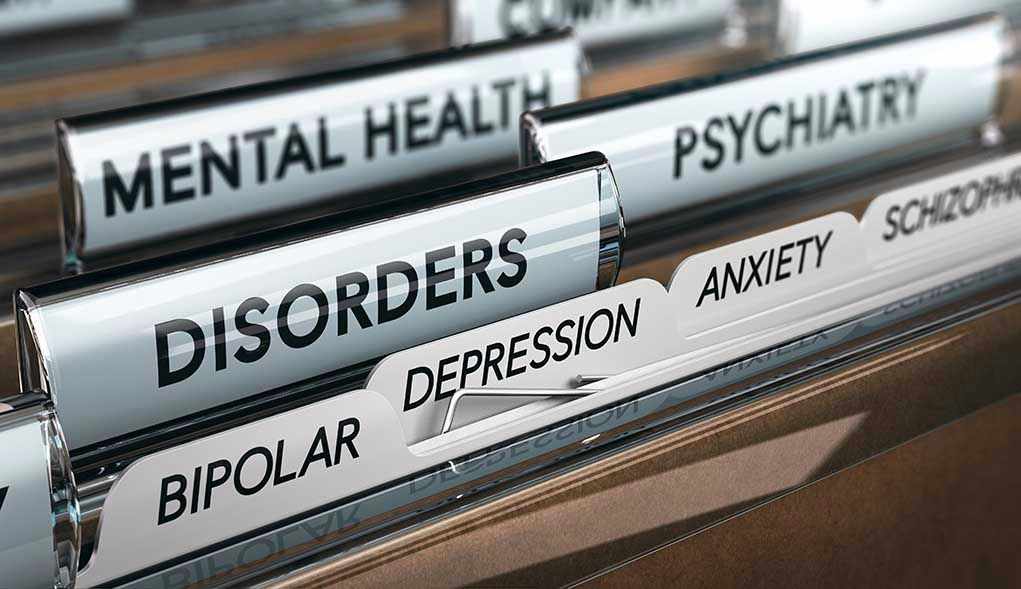
New neuroscience research exposes how the medical establishment’s decades-long obsession with serotonin has blinded Americans to the real biological culprits behind the depression epidemic ravaging our communities.
Story Snapshot
- Cambridge scientists discover immune cells from skull bone marrow invade brain tissue during chronic stress, triggering depression through inflammation rather than chemical imbalance
- Over 200 genetic variants now linked to depression risk, proving hereditary factors play a larger role than previously acknowledged by mainstream medicine
- Brain network dysfunction in key circuits controls mood regulation, offering new targets for treatment beyond failed serotonin-based approaches
- Chronic inflammation from autoimmune diseases and environmental toxins directly causes depressive symptoms, validating patient experiences long dismissed by doctors
Medical Establishment’s Serotonin Fixation Crumbles
For decades, the medical establishment pushed the simplistic narrative that depression stems from serotonin deficiency, leading to widespread overprescription of SSRIs that often fail patients. Recent Cambridge University research published in Nature Communications reveals this approach ignored critical biological mechanisms. Dr. Stacey Kigar’s team demonstrated that chronic stress triggers immune cells from skull bone marrow to migrate into brain protective layers, creating inflammatory conditions that directly cause depressive symptoms. This groundbreaking discovery exposes how medical authorities overlooked fundamental immune system involvement while pushing pharmaceutical solutions.
The traditional neurotransmitter model collapsed further when researchers identified over 200 genetic variants associated with depression risk. These findings prove hereditary factors contribute approximately 40% of depression susceptibility, far exceeding previous estimates. However, the medical establishment’s narrow focus on brain chemistry prevented proper investigation into genetic predisposition, leaving millions of Americans without appropriate family history screening or personalized treatment approaches.
Inflammation Emerges as Primary Depression Driver
Dr. Charles Nemeroff at University of Texas documented chronic inflammation as a significant depression catalyst, particularly among patients with autoimmune diseases like lupus and rheumatoid arthritis. His research validates long-standing patient reports of mood deterioration during inflammatory flare-ups, previously dismissed by physicians fixated on psychiatric explanations. Interferon therapy for hepatitis C provides stark evidence of immune-brain connections, consistently triggering severe depression through inflammatory pathways rather than neurotransmitter disruption.
Environmental toxins, processed foods, and chronic stress create persistent inflammatory states that overwhelm the body’s natural healing mechanisms. This inflammation directly affects brain tissue, disrupting normal mood regulation and cognitive function. Unlike the theoretical serotonin deficiency model, inflammation represents measurable, treatable biological dysfunction that responds to targeted interventions addressing root causes rather than masking symptoms.
Brain Network Disruption Reveals New Treatment Pathways
Advanced neuroimaging studies identified specific brain network dysfunctions underlying depression, particularly in the default mode network and salience network circuits. These discoveries demonstrate depression involves measurable structural and functional brain changes beyond simple chemical imbalances. The findings offer hope for more precise diagnostic tools and targeted therapies that address actual neurological deficits rather than relying on trial-and-error pharmaceutical approaches.
Environmental factors interact with genetic vulnerabilities to trigger depression onset, creating personalized risk profiles that vary significantly among individuals. Dr. Srijan Sen at University of Michigan emphasized that distinguishing between genetic and environmental causes creates artificial barriers to understanding depression’s true complexity. This integrated approach supports conservative principles of individual responsibility while acknowledging biological realities that affect personal resilience and recovery capacity.
Sources:
Depression linked to presence of immune cells in the brain’s protective layer
The Cause of Depression Is Probably Not What You Think
Brain network dysfunction in depression
New study finds distinct brain networks associated with risk and resilience in depression




